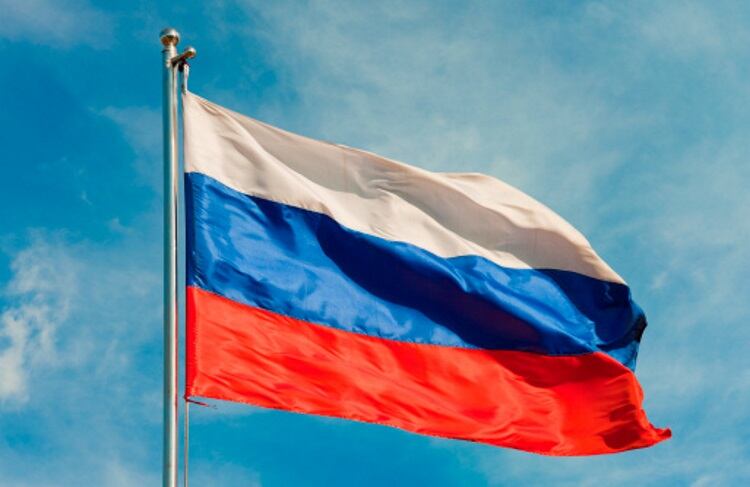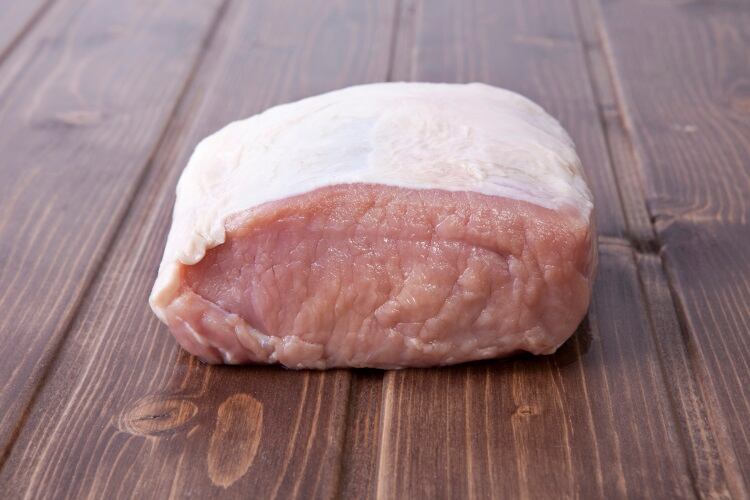Russian company Ariant has cancelled a project to build a pig complex with meat-processing capacity in Kemerovo Oblast, Russia, the regional government has reported. Ariant had been aiming to boost overall production from 50,000 tonnes (t) in 2015 to 180,000t in 2020, with the overall investment cost of the project around RUB20 billion ($300m).
Meanwhile, several other projects in the Russian pig industry have also been frozen over the past few months.
Market conditions not so bad
Yuri Kovalev, president of the Russian National Union of Pork Producers, estimated that the domestic pork market was saturated with pork products and this had resulted in average profitability shrinking by half, from 20-25% a few years ago to 10-12% in 2019. Kovalev said that wholesale prices for pork were likely to fall by 5-10% in the next few months, but despite the negative price dynamics, growth in the industry was set to continue.
Russian think-tank SRG had estimated earlier that, in 2018, the pig industry was the second most attractive area of investment in the domestic meat industry. For instance, overall investment in the livestock industry last year totaled RUB83.1bn ($1.35bn), with RUB45.7bn ($720m) in the pig industry and RUB28.1bn ($400m) in the poultry industry. SRG estimated that the average profitability rate in Russia’s meat industry was between 14% and 16% and the average payback period on new projects was limited to six years.
Scaring examples
Competition in the market has already resulted in some industrial pork producers in Russia going bankrupt. In particular, the regional government in Altai Krai is now seeking investors to expand capacity in Altaimyasoprom, which runs a farm designed for 300,000 pigs. The company had earlier accumulated debts of RUB6bn ($95m).
Kovalev said there would not be too many investors interested in purchasing Altaimyasoprom, as long as competition in Russia’s pork market continued to intensify and scare off investors. In addition, Kovalev said, only one production stage had been completed at Altaimyasoprom’s pig complex, which meant that potential investors would have to put in additional money to finish the construction.
Similarly, regional authorities were struggling to find investors to increase capacity at Spassky Bacon – the biggest pork producer in Primorsky




